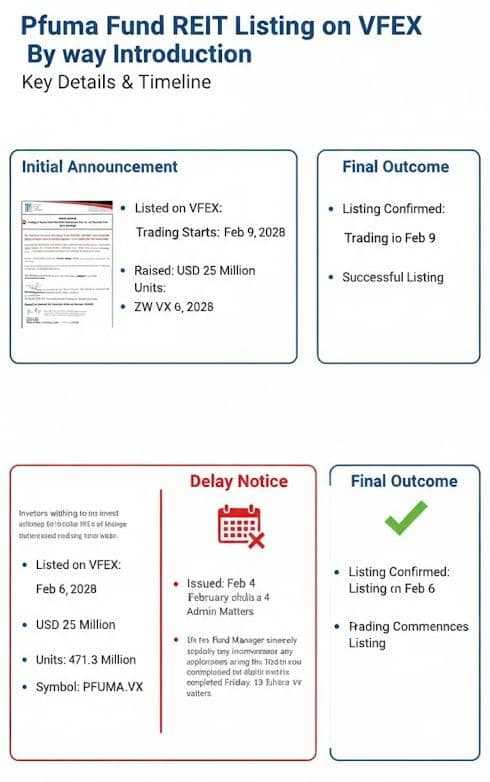The Modification Game
2013: Raj Modi sells 10 SPAR stores to Choppies for US$22M, launching its Zimbabwe expansion.
2018: Choppies peaks at 30 stores, employing 1,000+ workers.
2023: Choppies exits Zimbabwe amid currency chaos, citing “operational unsustainability.”
2024: Modi’s Pintail Trading buys Choppies’ carcass for US$260K—a 99% discount vs. the 2013 sale.

ZimNow Reporter
In a staggering maneuver, Deputy Industry Minister Raj Modi has purchased Choppies Zimbabwe for a mere US$260,000, equaling just over 1% of the US$22 million he pocketed a decade ago when he sold the same retail empire to the Botswana-based supermarket giant.
The tale of Choppies' venture into Zimbabwe culminating in the US$260,000 deal brokered through Modi’s Pintail Trading shows how the country’s unrelenting economic storm makes it a challenging business environment for investors lured in by the ephemeral promise of political patronage.
Related Stories
Choppies’ Zimbabwean saga began in 2013 as a glittering cross-border triumph. With the involvement of Phelekezela Mphoko, who became Zimbabwe’s vice president in 2014, and with Modi’s 10 SPAR stores as its base, Choppies soon took on the established brands and quickly grew into a 30-store colossus with over 1,000 employees by 2018.
But beneath the surface, Zimbabwe’s economic rot festered. A toxic cocktail of hyperinflation, currency instability, and a dual exchange rate regime—which forced formal retailers to price goods at artificial official rates—slowly strangled the chain.
Informal traders, thriving in the shadows with smuggled goods and tax evasion, undercut Choppies at every turn.
The fall of Mphoko along with Robert Mugabe and the rest of the G-40 cabal could have compromised Choppies standing. A legal wrangle with the Mphoko family ensued as Choppies management implied that the Mphokos had used their political clout to acquire shareholding in the retail chain.
The family’s claim appears to have finally died with the dismissal of Siqokoqela Mphoko’s 2025 bid to halt Deputy Minister Raji Modi’s cut-price acquisition of Choppies Zimbabwe.
But the severance of relations came too late. By 2023, Choppies was in decline, bleeding cash, shuttering operations, and abandoning its hard-won territory.
When Choppies Zimbabwe collapsed, its balance sheet still showed US$2 million in assets and US$1.4 million in stock. Yet Modi’s Pintail Trading scooped it up for less than the value of its light fixtures.
The loss apparently absorbed by Choppies has led to more questions and whispers of deals that are not in the public domain.
“Not being listed companies, the parties can have other dealings that are not on the table. The US$260,000 might not be the full story, but there is no legal requirement for them to reveal that to the public,” said a Harare corporate lawyer who refused to be named. He declined to speculate on what any potential private deals could entail.
But what is not in question is the fact that Modi has emerged as the ultimate gambler, who has unerringly picked just the right moment to cash in... twice.
At the heart of Choppies’ demise lies Zimbabwe’s controversial exchange rate system, which traps formal retailers in a lose-lose game.
All large supermarket chains have felt the fire, with OK Zimbabwe becoming a social media horror flick as empty shelves trigger the trauma brought about by memories of the brutal pre-2009 basics shortages. Forced to use the official rate (pegged far below black-market levels), they cannot compete with informal rivals who source goods cheaply via smuggling or currency arbitrage. The result? A death spiral: empty shelves, fleeing customers, and a 70% shrinkage in Zimbabwe’s formal retail sector since 2019.
As Zimbabwe’s economy teeters between growth and catastrophe, the Choppies-Modi saga stands as a stark allegory: a nation where policy failures and political strangleholds create both villains and victors—often in the same person.


















Leave Comments